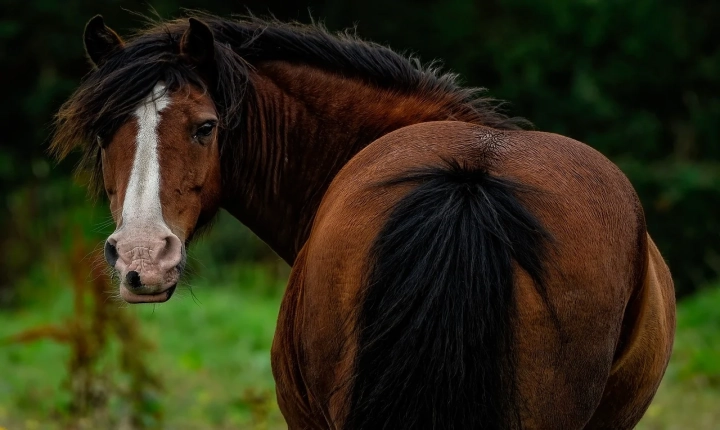ArtStation, the popular online platform for artists, has recently sparked a discussion within the art community by introducing a new feature that allows artists to showcase artwork created using artificial intelligence (AI). This move has raised questions about the role of AI in art, the ethical implications of using AI in creative processes, and the impact it may have on the art industry.
ArtStation, known for its support of traditional and digital art across various mediums, has traditionally been a platform for artists to showcase their original artworks, including paintings, illustrations, 3D models, and more. However, the introduction of AI-generated art has brought to the forefront the debate surrounding the authenticity and originality of artwork created with the assistance of AI algorithms.
The use of AI in art creation raises several ethical considerations. While AI tools can aid artists in generating new ideas and exploring unconventional creative processes, there are concerns about the potential devaluing of human artistic skill and originality. Additionally, there are questions about ownership and copyright, as AI-generated art blurs the lines between human authorship and machine-generated content.
Moreover, the inclusion of AI-generated art on ArtStation has ignited discussions about the impact of technology on the art industry. As AI becomes more sophisticated in generating art, there is a valid concern about the potential displacement of human artists and the redefinition of artistic practices. This raises questions about the future of artistry and the evolving role of technology in the creative process.
Despite the ethical and practical concerns, the introduction of AI art on ArtStation also presents opportunities for artists to explore new creative possibilities. AI tools can serve as a source of inspiration, offering fresh perspectives and unconventional methods for artistic expression. By embracing AI-generated art, artists can push the boundaries of traditional techniques and foster innovation within the art community.
ArtStation’s inclusion of AI-generated art reflects the evolving landscape of art and technology. While this move may be met with skepticism by some within the art community, it also serves as a reminder of the need to adapt to the changing artistic landscape. The integration of AI in art creation raises important questions about the nature of creativity, the role of technology, and the future of the art industry.
In conclusion, ArtStation’s decision to allow AI-generated art on its platform has sparked a thought-provoking discussion within the art community. The introduction of AI in art creation presents both challenges and opportunities, prompting artists to reflect on the ethical implications of using AI in the creative process and the potential impact on the art industry. As technology continues to influence artistic practices, it is important for artists to engage in meaningful dialogue about the role of AI in art and to consider the implications it may have on the future of artistic expression.
